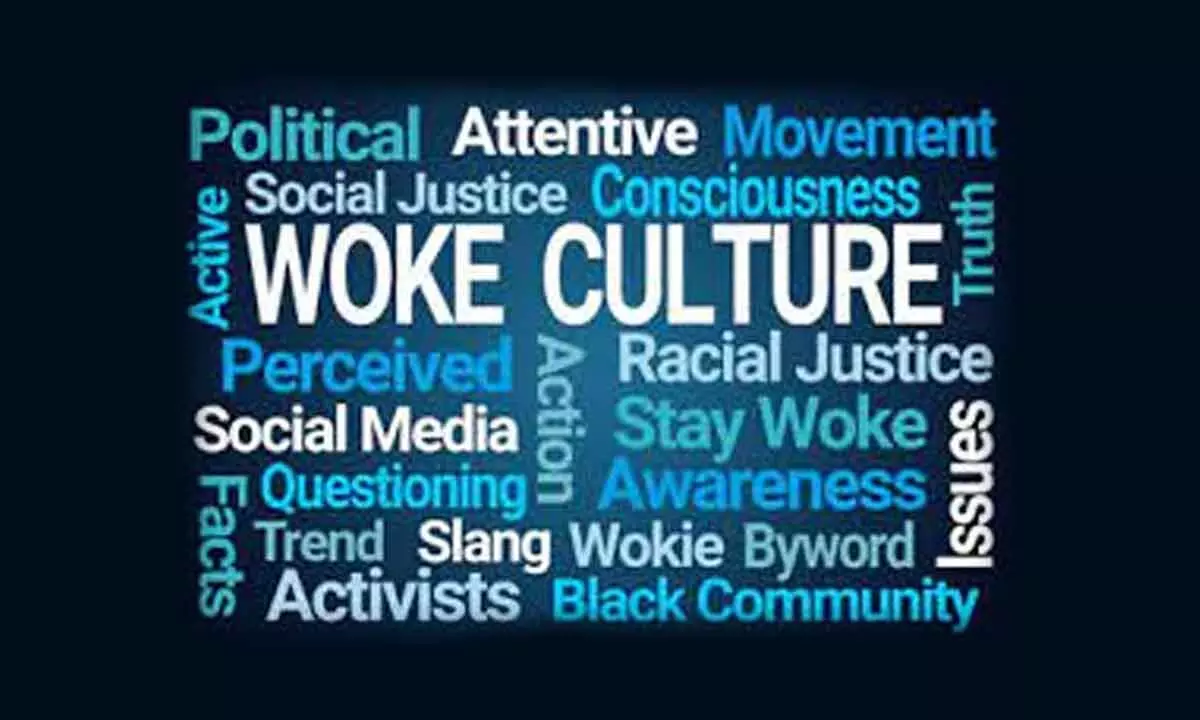Wokeism: A Social Concern

Wokeism has undoubtedly played a pivotal role in raising awareness about social issues and promoting inclusivity. Its efforts to dismantle systemic inequalities are commendable, and it has created opportunities for marginalized communities to be heard. However, it is important to approach wokeism with a critical lens
In recent years, the concept of “wokeism” has gained prominence, referring to a socio-political movement advocating for social justice and awareness. While the principles of social equality and justice are commendable, there is a growing concern that certain aspects of wokeism may have negative consequences for society. This article delves into the impact of wokeism and its potential challenges, acknowledging both its strengths and the areas where caution is warranted.
Understanding Wokeism: Wokeism emerged as a response to historical injustices and systemic inequalities. It seeks to address issues related to race, gender, sexuality, and other forms of discrimination. By promoting awareness and encouraging activism, it aims to foster a more inclusive and equitable society. The movement’s proponents often utilize social media platforms to raise awareness and mobilize supporters for various causes.
Strengths of Wokeism: Wokeism has played a vital role in highlighting and addressing long-standing social issues. It has sparked conversations about systemic racism, gender inequality, and other forms of discrimination that were previously overlooked or dismissed. By shedding light on these injustices, the movement has prompted societal introspection and compelled institutions to reevaluate their practices. Moreover, wokeism has created safe spaces for marginalized communities to voice their concerns and experiences. It has provided a platform for individuals to share their stories, fostering empathy and understanding among diverse groups. This aspect of wokeism has led to increased representation in media, politics, and other fields, helping dismantle entrenched barriers.
Social Concerns: While the intentions behind wokeism are noble, it is not without its challenges and potential negative consequences. One big concern lies in the creation of an “us vs. them” mentality, where individuals are categorized solely based on their alignment with certain beliefs. This divisiveness can lead to polarization, hindering open dialogue and the pursuit of common ground. The tendency to label dissenting opinions as “problematic” or “offensive” may stifle intellectual diversity, impeding the exchange of ideas crucial for societal progress.
Another concern arises from the phenomenon of “cancel culture” associated with wokeism. Cancel culture often involves public shaming, boycotting, and ostracizing individuals who have expressed views deemed contrary to the movement’s ideals. This approach, while intended to hold people accountable for harmful actions, can sometimes result in disproportionate consequences, denying individuals the opportunity for growth and redemption.
Critics argue that wokeism’s focus on identity politics can perpetuate division rather than unity. By emphasizing group identities, there is a risk of overlooking individuals’ unique experiences and contributions, reinforcing stereotypes and hindering true equality. Moreover, the movement’s emphasis on collective guilt and the re-examination of historical figures and cultural traditions has been met with scepticism. While acknowledging past injustices is important, some argue that erasing or vilifying aspects of history disregards the complexities and nuances of human progress.
Conclusion: Wokeism has undoubtedly played a pivotal role in raising awareness about social issues and promoting inclusivity. Its efforts to dismantle systemic inequalities are commendable, and it has created opportunities for marginalized communities to be heard. However, it is important to approach wokeism with a critical lens. The movement’s potential to foster division, stifle dissent, and perpetuate identity-based divisions should not be disregarded. For society to truly progress, it is crucial to strike a balance between advocating for justice and fostering an environment that encourages open dialogue, intellectual diversity, and the recognition of individual experiences. By addressing these concerns and maintaining a nuanced approach, the principles of wokeism can be incorporated in a manner that contributes positively to society’s well-being.
(The Author is a Harvard Business School certified organizational strategist/A global expert in Emotional Intelligence)








